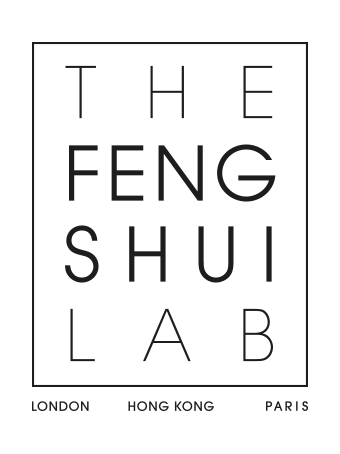ESSENTIALS
A very brief history of Feng Shui
Feng Shui (literally "wind" and "water") appeared in China about 6 000 years ago. Discipline originally based on experience and observation, Feng Shui was then used by the ancient Chinese as part of ancestor worship to determine the location of tombs.
Over time, Feng Shui has been enriched with knowledge of astronomy, astrology, mathematics, physics, geology and even philosophy.
Domain of Feng Shui masters primarily intended exclusively for the ruling classes, the practice of Feng Shui has democratized and then Feng Shui masters were gradually providing advice to the general population.
Today, Feng Shui is an integral part of everyday life in many Asian countries where Feng Shui masters enjoy a special aura.
Fundamental principles
In classical Feng Shui, everything is based on the Cosmic Trinity concept: harmony, balance and success are achieved through a combination in equal parts of three factors: BaZi, Feng Shui and Free Will.
BaZi
Your Chinese horoscope
How does it work?
An analysis of the Qi (vital energy) present at the time of your birth determines your potential and the opportunities you are likely to encounter in your life.
Far from dictating the path you should lead, the BaZi guides the actions you take according to your abilities, to enable you to make the right decisions and achieve your goals.
Chinese astrology is about "destiny" and "luck" but it is also, and more importantly, about free will: the idea is to take more control over your life, depending on your aspirations, your abilities and the opportunities you encounter.
Aim: to know where you are going
The ultimate goal of BaZi is totally in line with our contemporary aspirations: to refocus, get to the essence of things and to find meaning in our actions.
BaZi demonstrates in my opinion all its power and relevance when the analysis is applied to the professional field; this is why I created the "Clarify your professional project" consultation that gives you an overview of your career opportunities and immediately provides clear and workable answers to your questions: "Am I cut out to be an entrepreneur? " / "I would like to study architecture, am I suited to this profession? " / "Is this the right time to change jobs/create my own business?" etc.
FENG SHUI
Your living or working place
How does it work?
Conceptually, Feng Shui may be defined as the analysis of Qi - vital energy - of a given location at a particular time in order to create a harmonious and balanced environment.
Feng Shui analyses the impacts of a place on a person through three parameters:
1 - Space (the indoor and outdoor environment)
2 - Time (the year, in general)
3 - Orientation
The next step is to maximize the positive impacts and minimize the negative impacts by working on :
• the layout and destination of the rooms.
• the interior design and decoration.
• the position of the five elements (water / wood / fire / earth / metal).
Aim: to improve your physical environment
Feng Shui seeks to place the human being in a comfortable, secure and fulfilling environment.
Thus, improved sleep, stress reduction, or increased ability to concentrate are the quick benefits expected from Feng Shui.
Feng Shui also helps to create a lasting sense of well-being and to improve the quality of interpersonal relationships.
Applied to the professional field, Feng Shui promotes dynamism and motivation that give necessary impetus for development and success.
FREE WILL
Your actions and behaviour
BaZi and Feng Shui are tools that allow you to conscientiously exercise your free will, to make the right decisions and achieve your goals.

